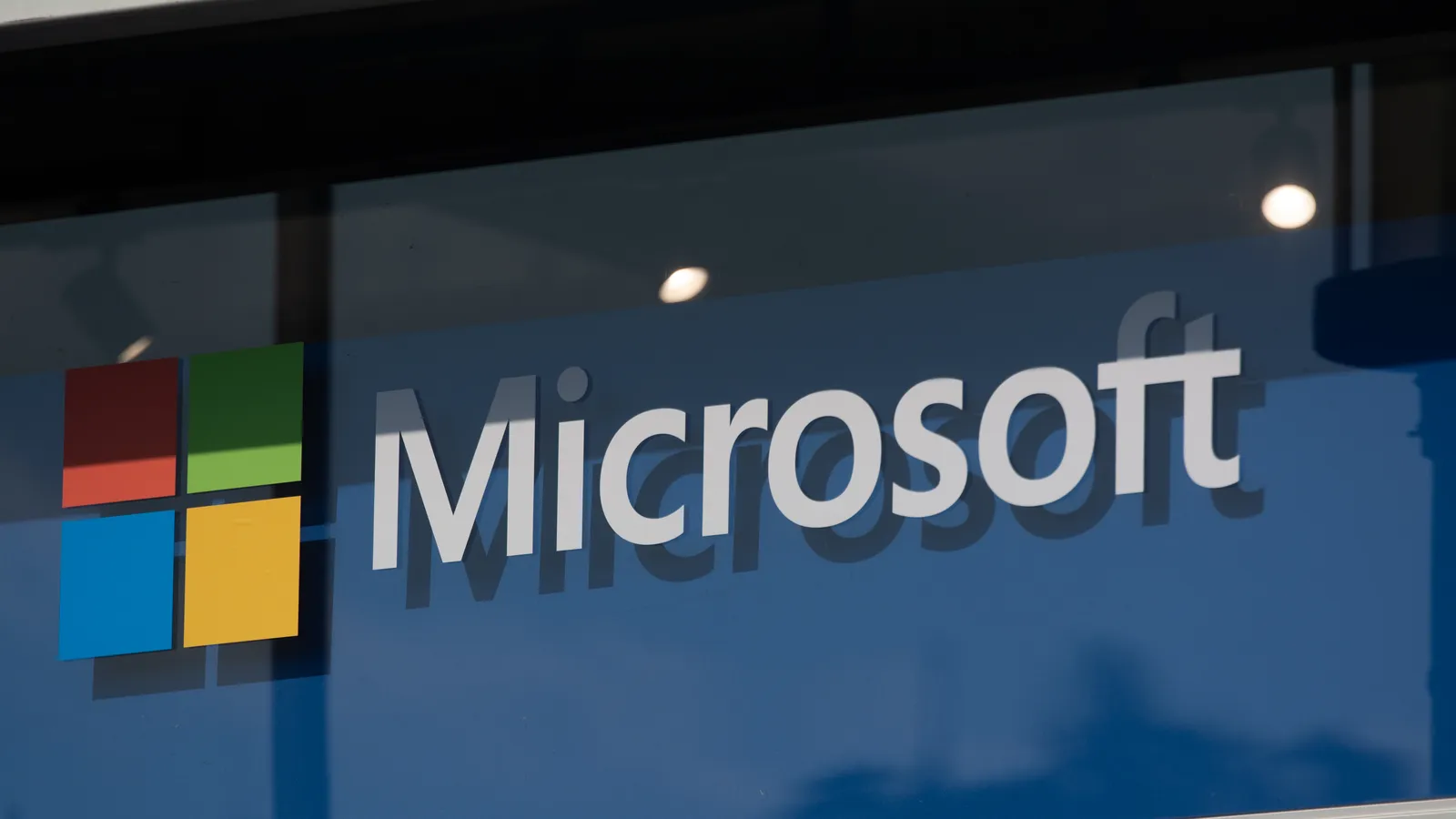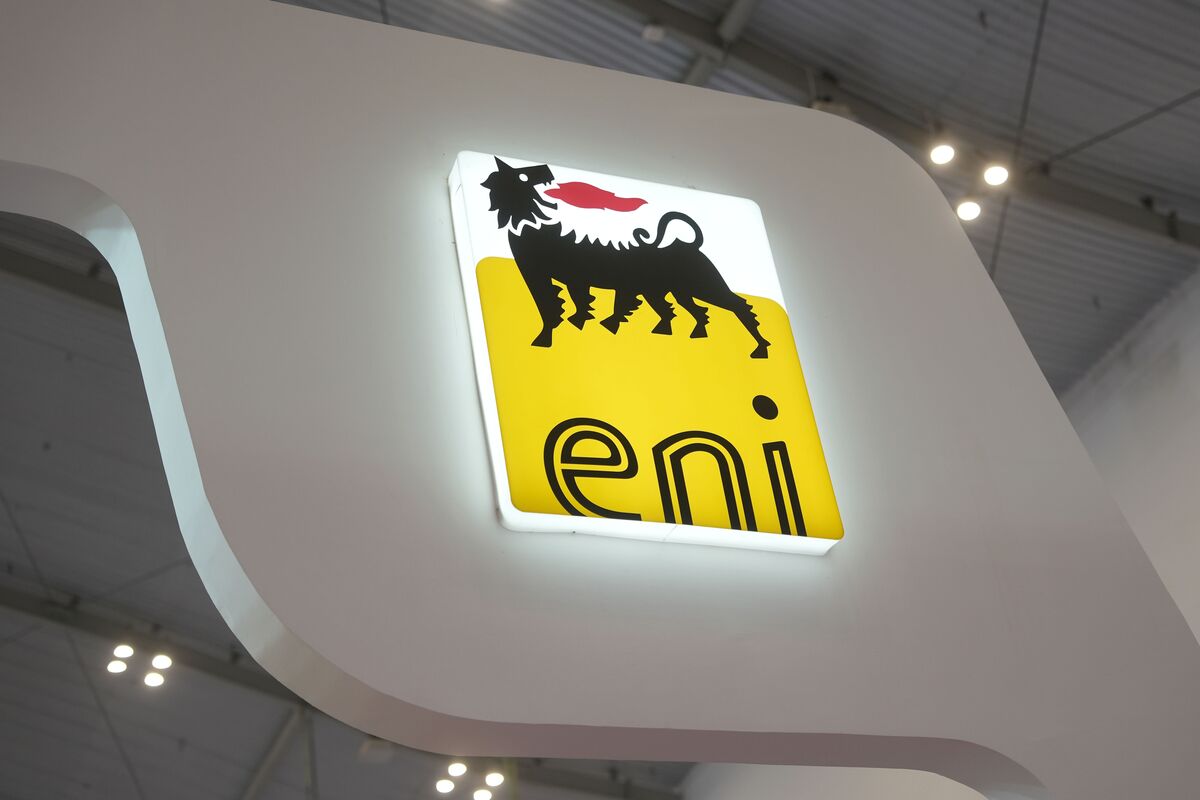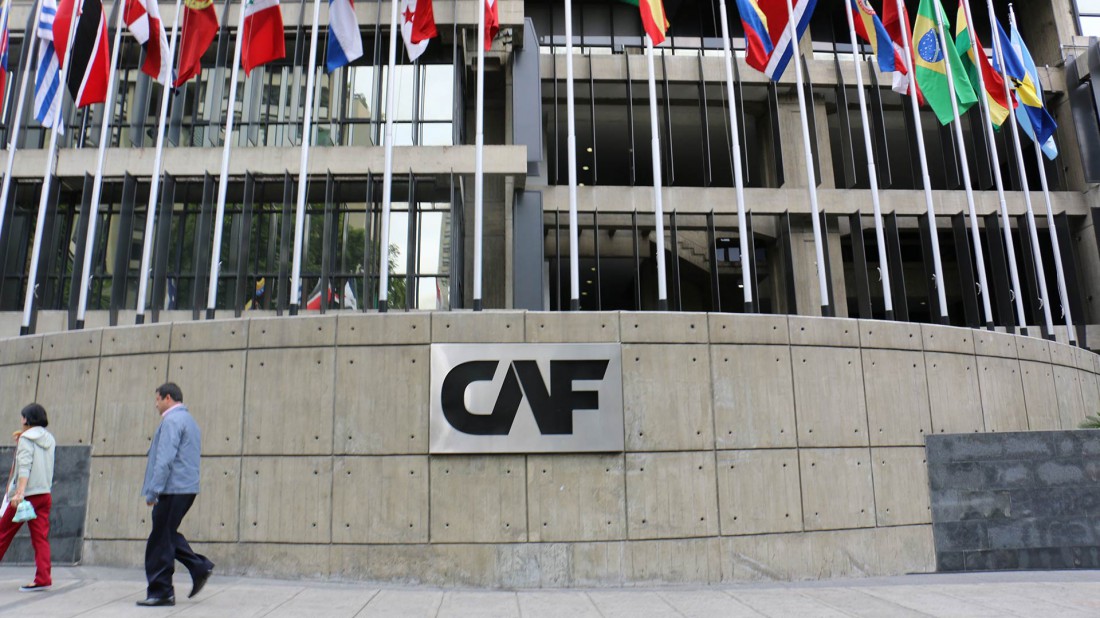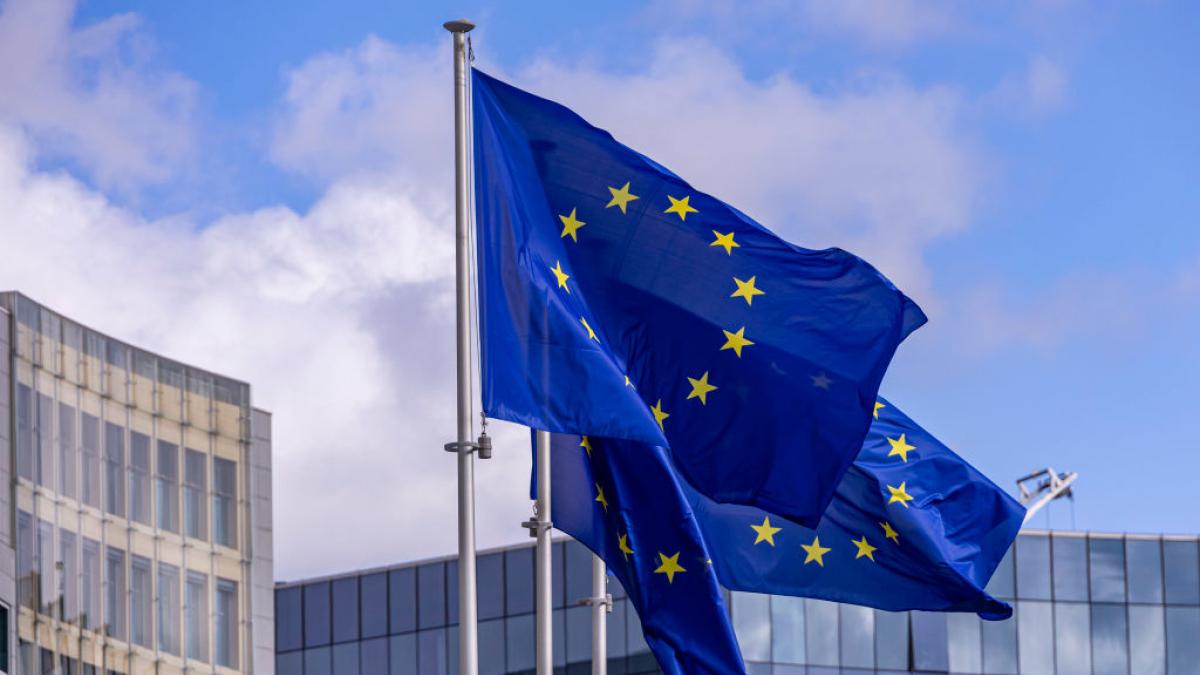BP, Equinor, Shell, and TotalEnergies Invest $500M to Advance UN SDG7 for Global Energy Access
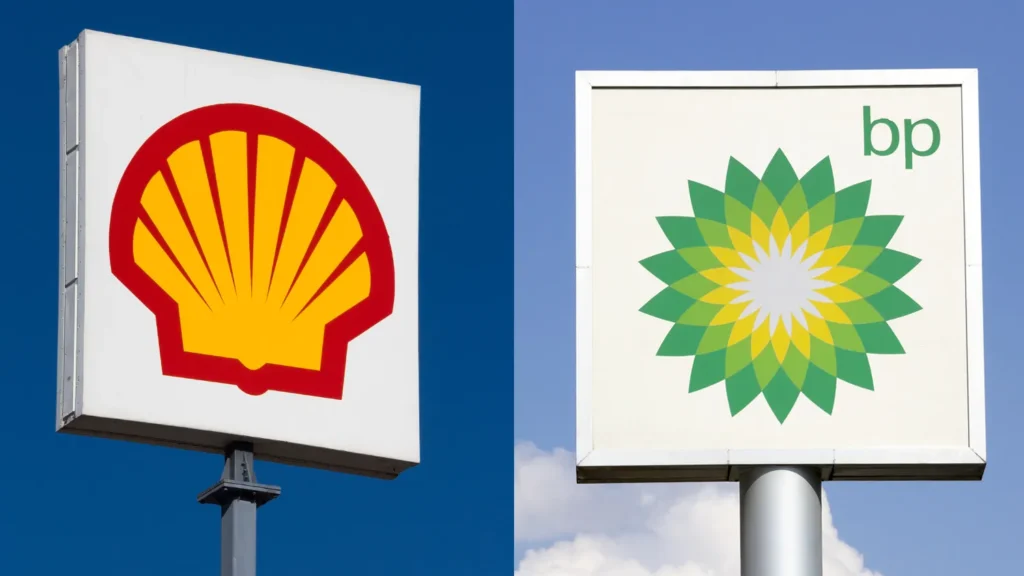
|
Listen to this story:
|
- $500 Million Joint Investment: BP, Equinor, Shell, and TotalEnergies unite to support UN Sustainable Development Goal 7 (UN SDG7), aiming to provide modern energy access to millions.
- Focus on Underserved Regions: Targeting Sub-Saharan Africa, South, and Southeast Asia to address electricity and clean cooking deficits.
- Strategic Collaboration: Partnering with a global private equity firm to ensure impactful and financially viable energy projects.
BP, Equinor, Shell, and TotalEnergies have announced a combined commitment of $500 million to support the United Nations Sustainable Development Goal 7 (UN SDG7), which strives for universal access to affordable, reliable, sustainable, and modern energy. This joint investment aims to create significant positive impact on energy access in key underserved regions over the coming years.
The Challenge:
Despite ongoing efforts, progress toward universal energy access has stalled. In 2022, the number of people without electricity increased by 10 million to 685 million globally. Additionally, around 2.1 billion people—primarily in Sub-Saharan Africa and Southeast Asia—lack access to clean cooking facilities, disproportionately affecting women and girls who often shoulder domestic responsibilities.
Murray Auchincloss, CEO of BP, emphasized:
“It is early days, but we hope that by jointly investing, we will be able to contribute to wider efforts to tackle the very real challenge of access to energy. Over time, we believe it can help to create a more inclusive energy future for some of the many millions of people who lack that access today.”

The Initiative:
The four energy majors will focus their investment on high-impact projects, including solar home systems, mini and metro grids, clean cooking solutions, and enabling technologies like e-mobility and energy storage. The goal is to help millions in underserved communities gain access to electricity and improved cooking conditions.
A global private equity firm with a strong track record in impact investing has been selected to manage the joint investment. Their expertise will ensure that investments are strategically directed to create both social impact and financial returns. This collaboration will engage governments, international organizations, financial institutions, the private sector, civil society, and philanthropies to share learnings, provide technical assistance, and address market barriers.
Anders Opedal, President and CEO of Equinor, stated:
“This joint investment brings together four leading energy companies investing in emerging countries. We believe this effort will help close some of the energy access gaps, which is a key part in reaching the global ambition of a just and equitable energy transition.”
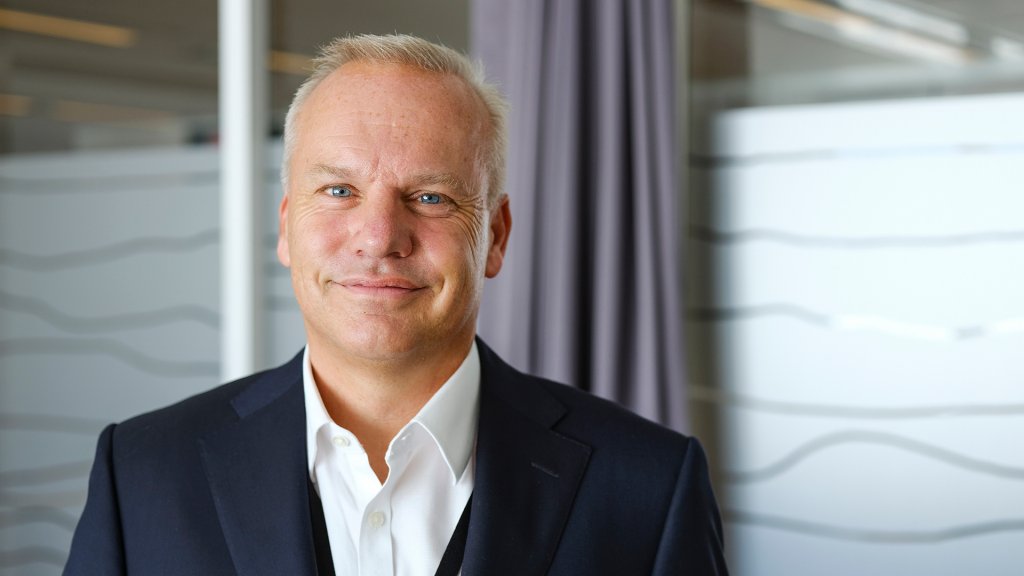
Wael Sawan, CEO of Shell, added:
“We want to support progress towards universal energy access as we believe it has the power to transform lives. This joint investment will help to do that. By working collectively to overcome key energy access challenges we can achieve sustained impact and drive real change.”
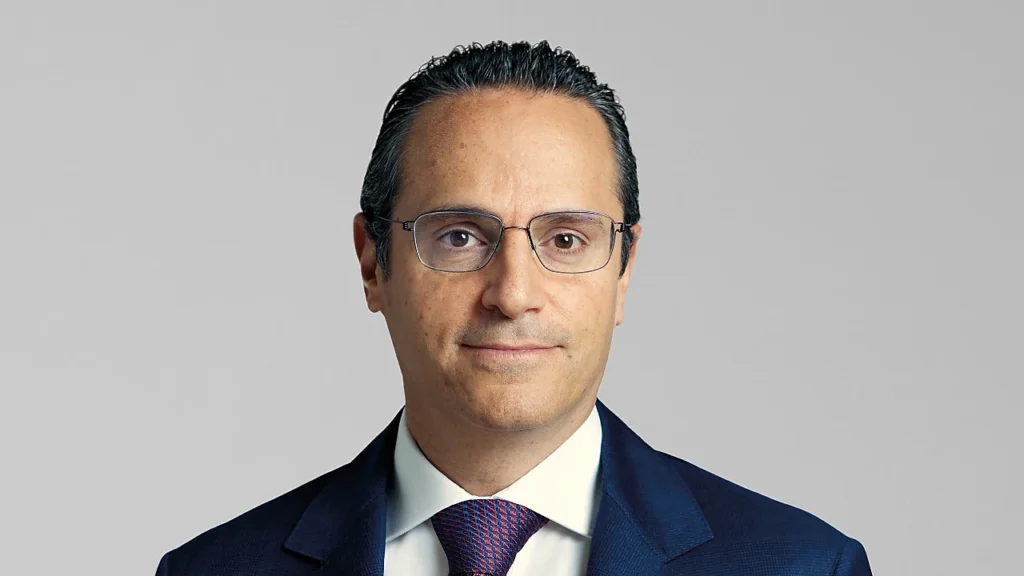
Patrick Pouyanné, Chairman and CEO of TotalEnergies, commented:
“At TotalEnergies, we are deeply committed to making energy accessible to all. Around a third of our development in electricity in the coming years will be in emerging countries, which will enable about 40 million people to benefit from access to electricity. Furthermore, we are committed to investing 400 million dollars in Liquefied Petroleum Gas facilities to develop clean cooking solutions in Africa and India, which will help 100 million people access healthier, more sustainable and more reliable energy. With this new joint initiative with our peers, we are activating another lever to contribute to high-impact local projects to help achieve the United Nations Sustainable Development Goal 7 (UN SDG7) by 2030.”

Looking Ahead:
By uniting their resources and expertise, BP, Equinor, Shell, and TotalEnergies aim to make a substantial contribution to global energy access challenges. This collaborative effort not only supports UN SDG7 but also promises co-benefits like job creation and improved health outcomes, fostering a more inclusive and sustainable energy future.
RELATED ARTICLE: BP Revises Strategy: Abandons 2030 Production Cut Target to Focus on Oil and Gas

